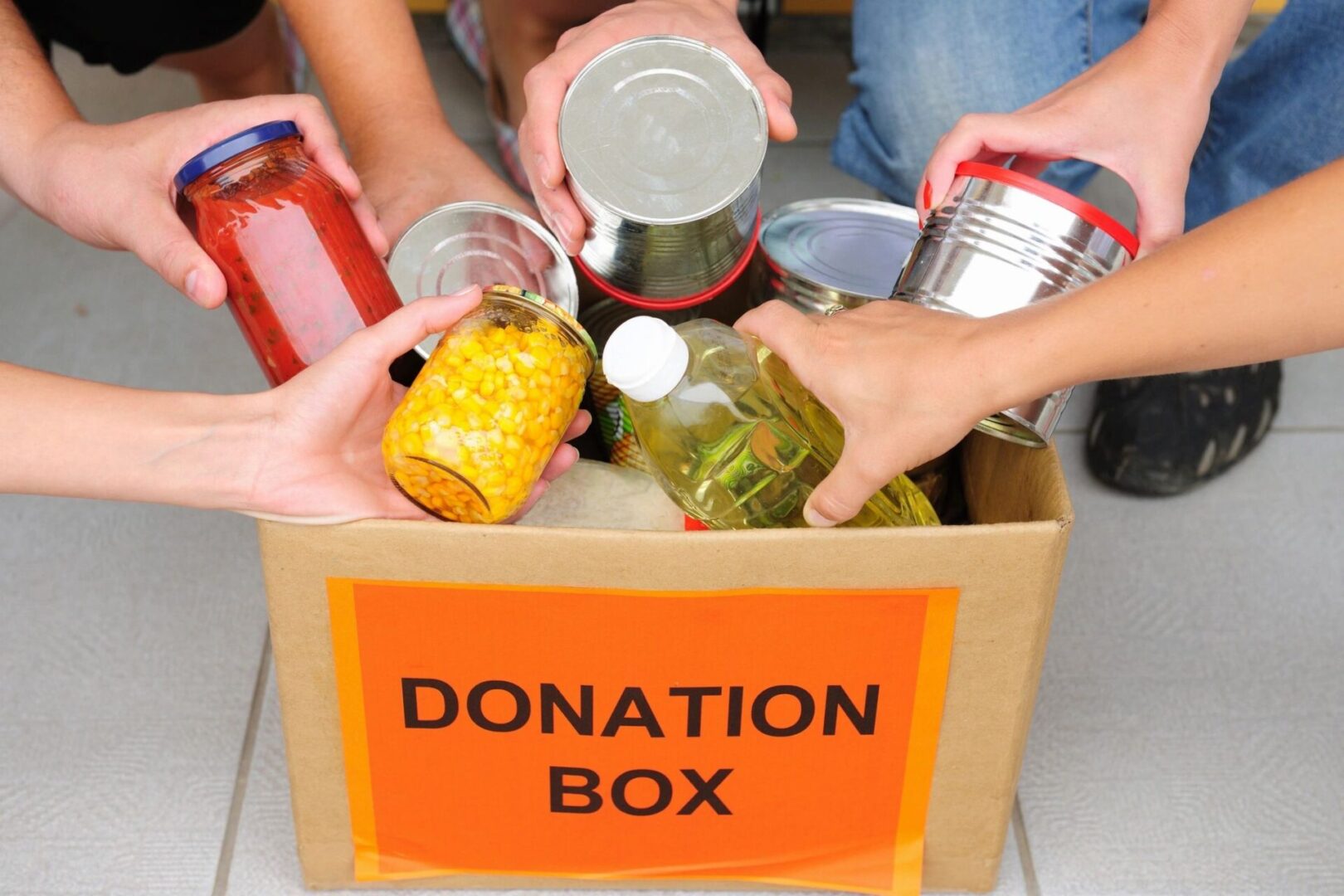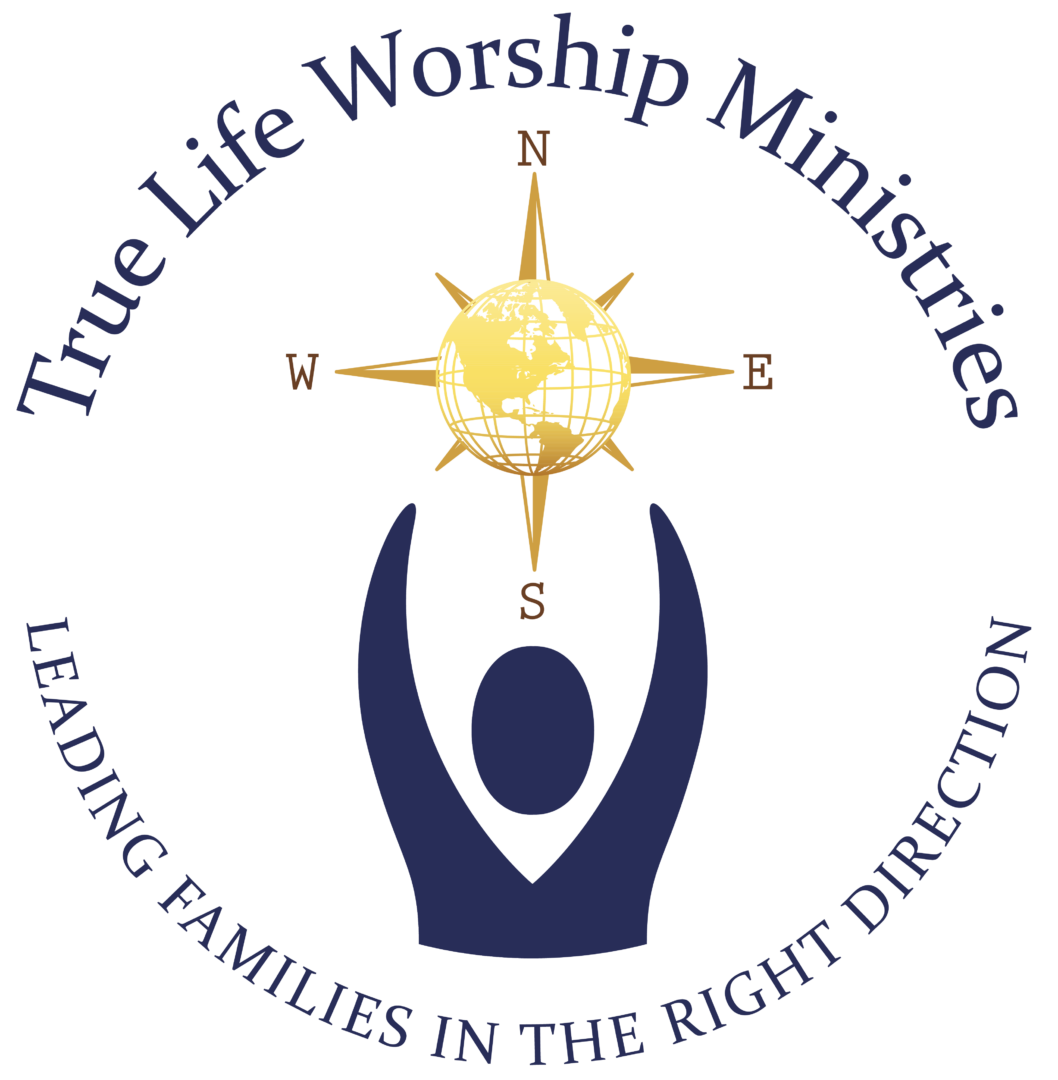Community Outreach Programs
8 Community Outreach Initiatives
Provide families with the necessary tools to make a positive change in attitude and to assist families in exploring, realizing, and developing their potential.
To meet spiritual, social, educational, financial, and physical needs of the families in our community by giving them the skills to envision and work towards their God-given potential thereby empowering them to break the cycles of poverty, lack, and low academic achievement.

Provides enrichment activities and quality care resources for senior citizens in our community.
Provide enriching activities for participating senior citizens such as arts/crafts, computer skills, games and activities, book clubs, movies, low impact exercises, and stretching. Adopt-A-School seniors tutoring students, seniors reading to students, and seniors sharing their skills and talents with students.

Food Pantry - Partnering with local food banks and churches in the area. Providing food to families referred by the Red Cross, the Salvation Army, Surry County Department of Social Services, local church bodies, and schools.
Feed the Children Kitchen which involves evening and weekend meals served to families in need 2 times a month. Special meals served to celebrate special occasions: Thanksgiving, Christmas, Easter, end of school year, and back to school. There will also be an educational component—food pantry staff will counsel families that receive help to increase their knowledge of health and nutrition habits. Families are supplied with sample menus and proper serving sizes for children of different ages.

Helping parents in obtaining skills necessary to create a stable and successful family in all facets of life: financial, educational, social/emotional, and relational. Helping to create effective partnerships between families, schools, and other community agencies to best serve the needs of the children in our community.
Parent Workshops
- Helping with Homework, Effective Parent-Teacher Conferences, Anger Management
- Disciplinary Strategies, Helping Students With College Applications, Parents Role in Preventing Teen Pregnancy, Discussing Drug and Alcohol Use With Your Child.
- Finding Financial Aid, Creating Nutritional Meals, and Snacks.
- Keeping Your Home Safe and Clean, Money Management and Budgeting, Writing a Resume
- Interviews Preparation, Basic Computer Skills for Adults.
Peer Mentors - Personal, individual, hands-on help for each parent that comes to center. Linking families with agencies that can provide them with the information they need: GED programs, financial aid, specific job skills, etc.
Health and Wellness - Open twice a month under the direction of a local nurse or physician. Free health and wellness advice. Assessment of parent/child wellness. Training on living healthy lives and raising healthy children.

Mentoring at-risk youth with quality mentors who will work with the family, school, and community organizations to provide young people with the necessary tools to make a positive change in attitude and to assist them in exploring, developing, and utilizing their potential.
School Support
- Developing educational goals
- Foster parental participation in the school
- Assist with homework or secure tutors
Employment Support
- Explore employment opportunities
- Assess interests, aptitudes, and talents of youth
- Assists with job search activities, interview techniques, job applications and resumes
- Advise on employment behavior if necessary
Personal Development
- Assure participation in after school development curriculum: transition to adulthood, education reinforcement, spiritual enrichment, financial management, and fitness
- Provide activities and/or counseling to assist in increased self-esteem.
Family Support
- Assure that family living needs are integrated into youth’s case plan and goals
- Provide feedback and resource information as needed
- Provide the family with advice on budgeting and money management
Recreational Activities
- Involve the youth in community service projects
- Assist the youth in developing hobbies
- Provide opportunities to participate in nontraditional sporting activities such as golf, tennis, bowling, horseback riding, camping.

Addresses all areas of children’s lives: social, academic, and character development.
Participate in Monthly Themes:
Learning for Life - Life skills curriculum to develop a sense of self-confidence, motivation, and respect for self and others.
Computers - Children will have access to various software programs that focus on learning activities, creation of a web site for the program.
Arts/Crafts - Activities building on strengths, creativity, and interests of the children
Drama - Writing scripts and performing plays for audiences of children and parents; create costumes, create set designs, direct productions.
Field Trips - Friday activities: skating, bowling, movies, museums, plays, and dance recitals.
Academics - Incorporated daily in the form of motivational games and activities.

One-on-one tutoring for low-income students who are at risk for failing academically.
Offering an equal chance of success to children who might otherwise never grasp hold of the fundamentals of reading, writing, and mathematics.
Tutors stay in contact with the child’s teacher to focus tutoring sessions on areas of greatest need.
Ongoing assessment of progress and comprehensive assessment to determine the child’s need to continue after the initial 6-month period.
Providing one-on-one, caring instruction to increase children’s motivation for learning and allow them to experience success at an early age to set the pattern for future success.

The Positive Direction for Youth is a Residential Program program which provides a safe, structured , and rehabilitative environment for youth requiring out of home placement. Adolescents with behavioral and emotional disorders can development confidence and personal responsibility when they have strong support systems. This belief shapes the following program components:
- Behavioral: Individual and Group Counseling with in-house staff and psychologist/psychiatrist.
- Educational: Goal setting, tracking academic achievement, one on one tutoring.
- Vocational: Skills Assessment, application/interview preparation, job skill training.
- Community Awareness: Impacting the community through service, awareness, responsibility and leadership.
- Recreational: Participation in positive healthy leisure activities and team/group recreation.


